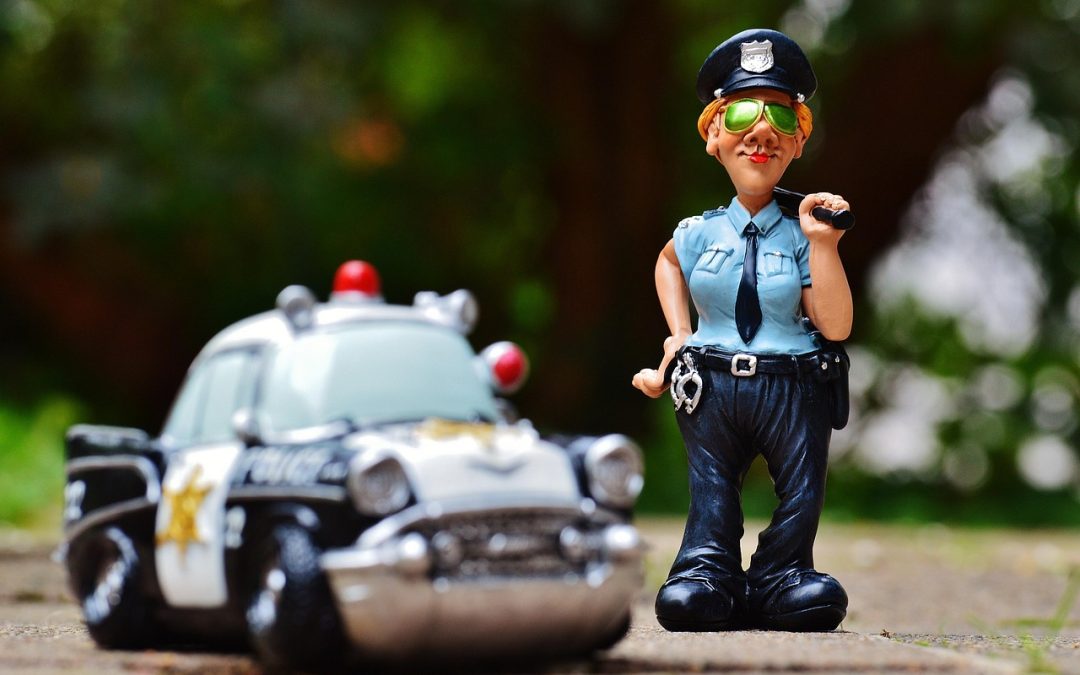As the old adage goes, “knowing is half the battle.” When it comes to recording police activity, understanding your rights and limitations can make all the difference in ensuring a safe and respectful interaction. With the rise of smartphone cameras and social media, documenting police encounters has become increasingly common. However, this can sometimes lead to confusion about where you can stand while recording – and what rights you have in those situations.
Understanding Your Right to Record
The First Amendment protects your right to record police activity, as long as you’re not interfering with their duties or putting anyone in harm’s way. This means you can film police interactions from a safe distance, as long as you’re not obstructing their work or violating any other laws (like trespassing or disorderly conduct).
Practical Tips for Safe Recording
While you have the right to record, it’s crucial to prioritize safety and de-escalation. Here are some practical tips to keep in mind:
- Identify yourself clearly and calmly when asked – but do not provide false identification or resist if asked to provide ID in a stop-and-identify state>
- Avoid confrontational language or tone, as this can escalate the situation
- Keep a safe distance to avoid being perceived as a threat or obstruction
- Stay calm and composed, even if you’re asserting your rights
- Know your local laws and regulations regarding recording devices and privacy
Legal Principles to Keep in Mind
When recording police activity, it’s essential to understand the legal principles at play. The Fourth Amendment protects against unreasonable searches and seizures, while the First Amendment safeguards your right to free speech and expression. Additionally, many states have specific laws and regulations governing recording police interactions.
“The Fourth Amendment’s protection of the ‘right of the people to be secure in their persons, houses, papers, and effects, against unreasonable searches and seizures’ is a bedrock principle of American law.”
In conclusion, knowing where you can stand while recording police is crucial for ensuring a safe and respectful interaction. By understanding your rights, prioritizing de-escalation, and staying informed about local laws, you can effectively assert your rights while also showing courtesy to law enforcement. Remember to stay calm, composed, and informed – and always prioritize safety above all else.
The information at Observed.Org may not pertain to every jurisdiction. It is YOUR responsibility to know your rights and observe them. Nothing here should be considered legal advice.

